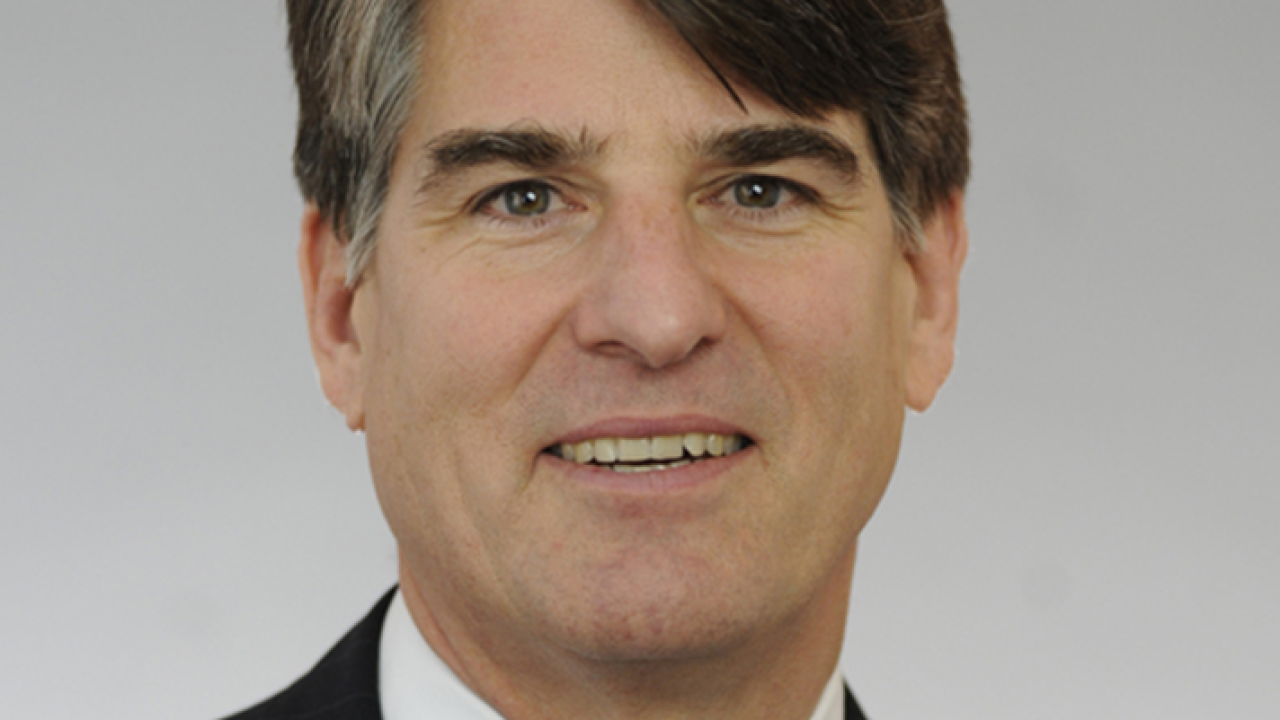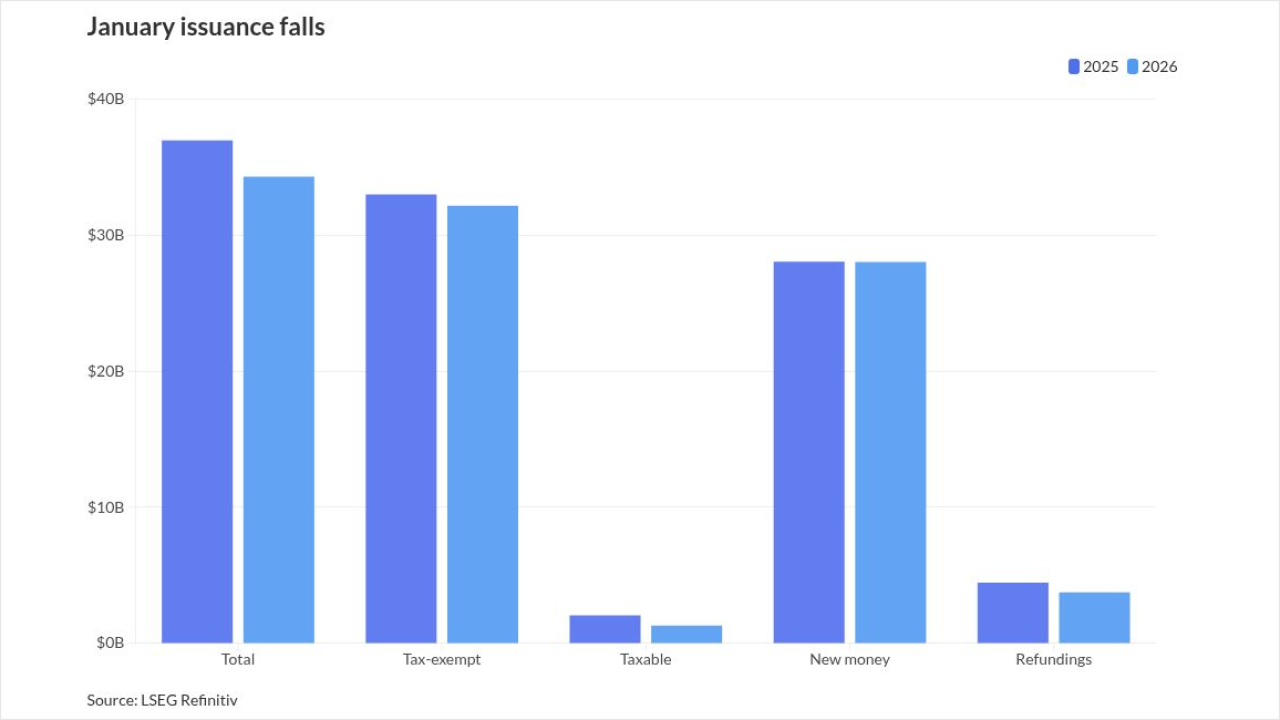The continued and increasing sway of environmental, social, and governance factors in the public finance realm has some observers concerned that pension money managers are allowing politics too much influence on their funds.
Ramifications of the increasing popularity of ESG investing on public pension funds was discussed during a Tuesday webinar hosted by the Reason Foundation, a libertarian think tank based in Los Angeles.
"People should be able to invest in what they want," said former Securities and Exchange Commission Commissioner Paul Atkins said. "If someone is investing in a broad index fund, and the manager puts down their own views, that becomes worrisome. If they don't realize the money manager has this bias to direct these investments or is using it behind the scenes to strong-arm companies to their chosen political, social, or religious type of preferences, that's the real problem here."
ESG was characterized as a "blank canvas that folks can paint hopes and dreams upon," by moderator Leonard Gilroy, vice president of government reform at Reason Foundation. The sector, according to estimates, will be worth $50 trillion by 2025.

Panelists named large investment firms with interests in public pension funds, including State Street, Vanguard and BlackRock, as companies that may be tilting huge amounts of investments to the left, a
"ESG investing grew very rapidly and very insidiously," says Andrew Puzder, former chief executive at CKE Restaurants, the parent company of Hardee's and Carl's Jr.
"It's come to permeate our lives. Stakeholder capitalism, woke capitalism, it's the management of large financial firms realizing what tremendous power they have," he said. "These large, powerful pension funds are actually setting public policy. We have an institution that sets public policy it's called representative democracy. ESG shouldn't be used as a shortcut around the political process."
In the public finance space, various Republican-led states have pushed back on ESG investing. Florida Gov. Ron DeSantis in late July announced administrative actions and legislative proposals aimed at "protecting residents from the environmental, social, and corporate governance movement."
DeSantis' proposal will prohibit fund managers at the State Board of Administration from considering ESG factors when investing the state's money and require them to only consider maximizing returns on investment on behalf of Florida's retirees.
DeSantis said he will work with
The webinar participants on Tuesday called the various models used to measure a firm's adherence to ESG into question. Atkins said, "There are no two ESG scoring systems that are the same. The Wall Street Journal looked at 1,500 companies by three different rating firms and found that 1,000 of the companies got different grades and ratings from different raters."
Atkins also pointed to research indicating the performance of ESG-heavy funds is not up to snuff. "Over the past five years the global ESG funds underperformed the broader market by 250 basis points — a 6% vs 9% return," he said. "It's the investors who are suffering and if they know they are, that's fine. If they don't, it's bait and switch."
Just as Republican-led states and cities push back, Democrat-led governments have done the opposite. New York City in late December
To set controls on what money managers can and can't do with other peoples' money Atkins and Puzder kicked around the idea of clarifying the U.S. Department of Labor's ERISA rulings as related to ESG. Proxy voting strategies would give individual shareholders more control over where their money is going, they said.
Atkins also seemed to embrace added regulation on the role of money managers by suggesting they be subject to annual or semi-annual reviews. "Unless they're held to task in a strict fiduciary duty to look out for the economic best interests of their investors, then we are in trouble."





